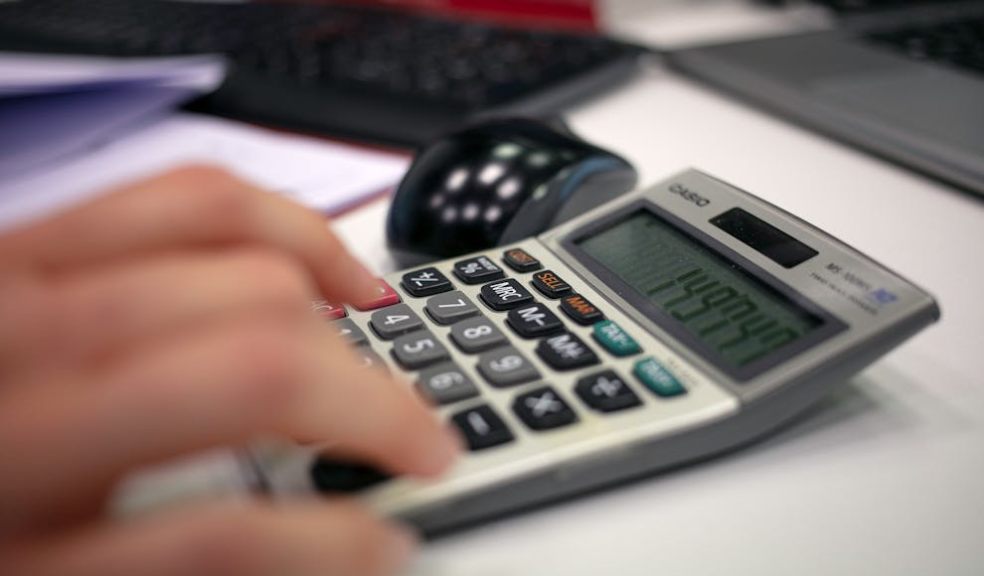
VAT Made Simple: A Guide for Online Creators and Influencers
Online content creation is a booming industry providing new ways for entrepreneurs and creatives to make a living. However, it is important for influencers and online content creators to consider the VAT implications of this fast-evolving marketplace. As a creator, you must ensure that VAT is accounted for at the correct rate on income received from social media platforms, advertisers and sponsors. You also need to make certain that your compliance obligations are met, as a failure to do so may lead to an exposure to assessments and penalties.
Here, the tax experts at The VAT People outline some of the key considerations that online content creators, influencers and those engaged in brand partnerships or sponsorships must understand to ensure they meet their legal obligations.
Key VAT considerations
In providing guidance and support to content creators and influencers previously, several key, recurring factors have consistently formed a basis for our advice. Firstly, with respect to determining the VAT treatment of income, it is important to evaluate the contractual terms in place between influencers and the brands/sponsors with which they are engaged. In our experience, these can be difficult to understand and have led to confusion that has impacted the VAT treatment of supplies. The crucial point is to determine the party to which influencers/content creators provide their supplies, which will generally affect VAT treatment.
This breaks down in two ways:
- Where supplies are made by a UK influencer to a UK brand, advertiser or sponsor, this constitutes a domestic UK supply with UK VAT due at the relevant rate. If the value of such supplies exceed the UK VAT registration threshold, the person will need to register for VAT and to meet the responsibilities associated with this, including issuing VAT invoices and submitting VAT returns. A further consequence is that VAT-registered persons in the UK are able to recover VAT incurred on purchases as input tax, where these purchases are linked to the provision of onward taxable supplies. This latter component can be complicated, and it may be best to seek expert VAT advice if you are unsure how best to meet your obligations.
- If the recipient of supplies provided by the UK-based content creator/influencer is located outside the UK, the ‘place of supply’ rules for services will determine where the supplies are liable to VAT. These rules determine where the supplies are considered to take place for VAT purposes. Supplies made by UK influencers or content creators to businesses outside the UK will likely be outside the scope of UK VAT, although it is important to consider the specific nature of the supply to confirm this. In such cases, VAT may be due in the recipient’s country of establishment under the reverse charge mechanism. These supplies would not form part of a UK influencer’s taxable turnover for the purposes of determining whether they are liable to register for UK VAT. It may be that input tax incurred in the course of making supplies outside the scope of UK VAT is recoverable, if UK VAT registration is held by the influencer.
In addition to this, influencers are often gifted products, such as clothing, which are then used to produce advertisements on behalf of brands. For VAT purposes, the value of these items may need to be included in the value of supplies made. As such, VAT may be due on these. This is an area where we regularly see misconceptions as to what forms part of an influencer’s supply, which can lead to an underpayment of VAT. Working with an experienced VAT consultant can help you to meet your obligations.
Registering for VAT
There may also be confusion about when an online content creator needs to register for VAT. When calculating whether you have exceeded the UK VAT registration threshold (and therefore whether UK VAT registration is required), it is not solely income received from social media platforms, advertisers and sponsors that are included in this calculation. For example, the value of services purchased from abroad may need to be included as, once you are registered, you will need to self-account for VAT on these services at the relevant rate. Subject to the specific services involved and the use that they were put to, this may be recoverable as input tax.
It is important to establish what forms part of taxable turnover, be it the value of services purchased from abroad or the value of goods provided. This can affect when VAT registration is sought, and the value of VAT accounted for. All of this is important to understand for the purposes of legal compliance. However, with the right support from experienced professionals, it is easy to keep on top of your obligations and meet all of the relevant requirements.














